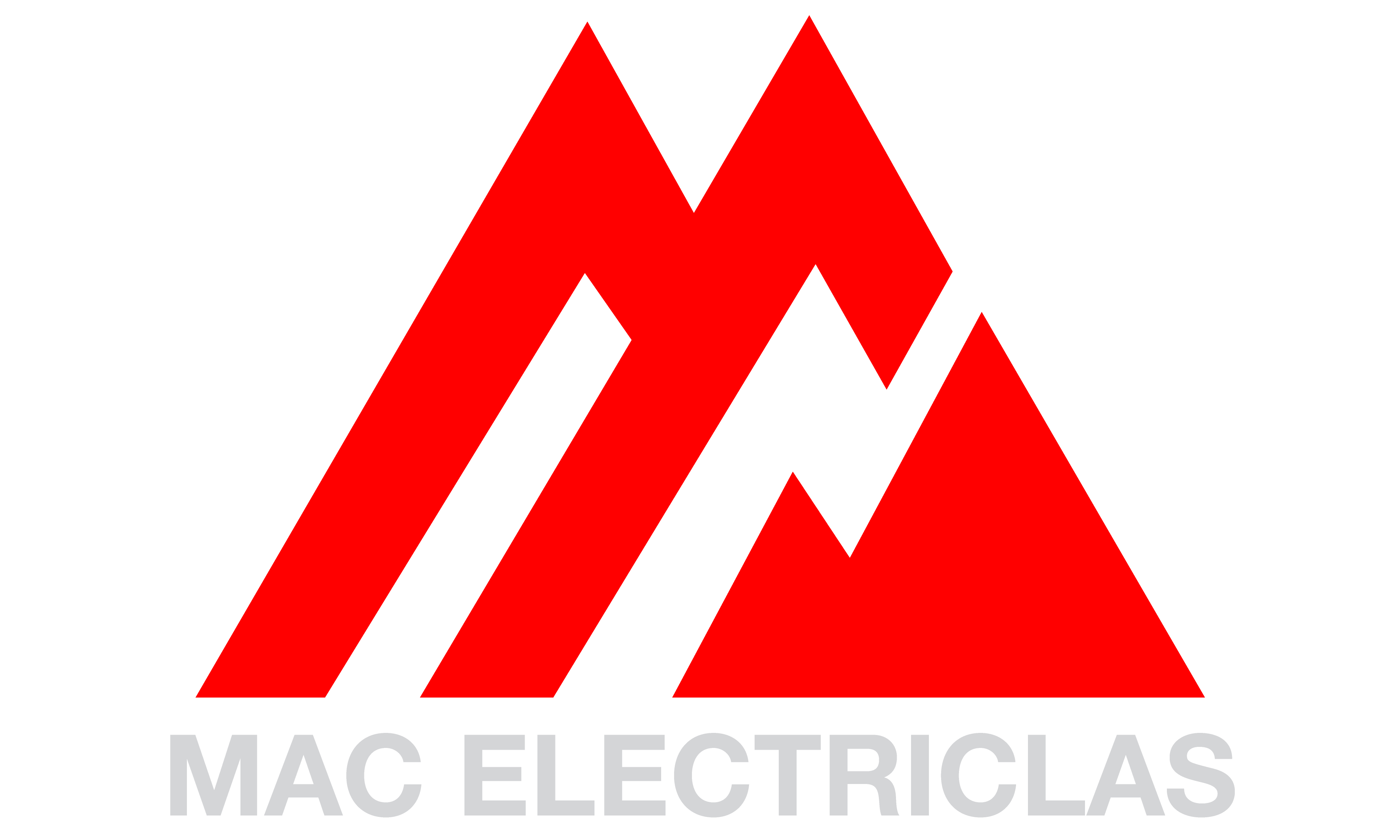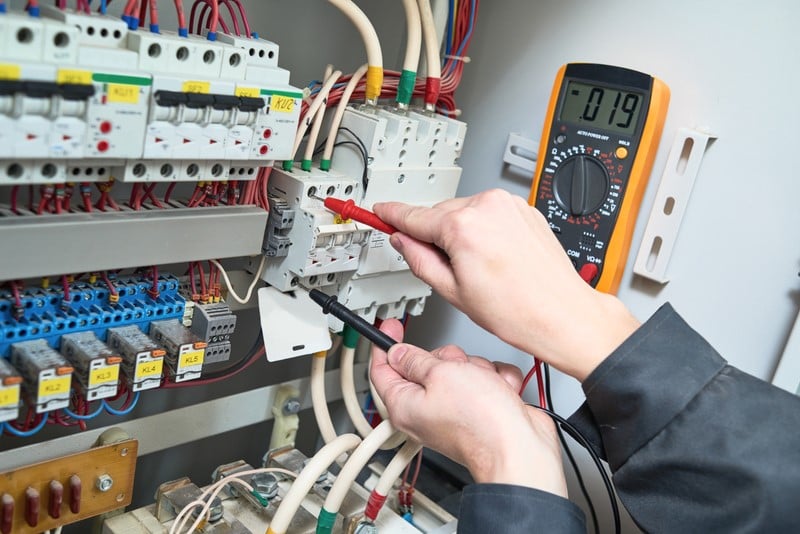Electricity is an integral part of every daily life, functioning all from our lights and appliances to our heating systems. However, the drawback with this merit is the fact that the systems that generate electricity need to be safe, properly serviced, and in line with the current regulations. UK homeowners must know the home electrical safety tips that can most importantly help them to avert electrical fires. The guidance includes some vital electrician advice and practical actions that will make your house safer, with an emphasis on how to prevent electrical fires and identify the root cause of the problem in the early stages.
Tips for Electrical Safety in the Home
-
Avoid Overloading Outlets and Circuits
One of the major problems in older UK homes is the lack of sufficient electrical outlets. Although it may seem to be a suitable alternative solution to plug all extension cords and adapters into one outlet, it can increase the risk of overheating because of overloading and potentially lead to an electric fire. Stop doing this by avoiding “daisy-chaining” (linking multiple extension cords to the same) and distributing your electric charge to the outlets available for you. In case of necessity, use premium-quality, surge-protected power strips that effectively help in load management, and thus, electrical faults are prevented.
-
Use Surge Protectors
Power surges, which cause an abrupt increase in electricity that can damage appliances and in turn lead to electric fires may also happen without any warning. Surge protectors are designed for that effect, so you only have to plug them into your computer, TV, kitchen appliances, or any other electrical device, and you create an extra layer of
Electrical safety starts with surge protectors. The role of surge protectors in safeguarding your equipment from sudden surges that may occur during storms and power fluctuations. They are especially important when living in areas prone to power fluctuations.
-
Regularly Check Cords and Plugs
Cables and plugs can suffer from deterioration over time, and damaged cords are a serious safety hazard by exposing the inner wires that can cause the risk of burning, shortcuts, and fires. Repairing the cords on frequently used appliances and pliers that match snugly in the outlets is a good thing to do for homeowners annually. Cords or plugs that are cracked and frayed; replace the item immediately or contact a licensed electrician for repairs to comply with safety guidelines and prevent electrical
hazards thereafter.
-
Practice Safe Appliance Use
Toasters, hairdryers, and heaters are just some of the appliances that typically require safe operation. The manufacturer’s instructions for the proper maintenance and use of cordless appliances should be followed first, apart from operating them far away from water and ensuring they are not left unattended while in use. Unplugging appliances when they’re not needed prevents energy waste and mitigates risk. This initiative makes it easier for households to save energy through such practices.
-
Schedule Regular Electrical
Maintenance
Despite the highest level of safety compliance that you may be adhering to, regular maintenance by a licensed electrician is still very necessary. Routine checks ensure that wiring, outlets, and the main electrical panel are in appropriate working conditions and they comply with the UK regulations. It is highly recommended for homes that have undergone major reconstructions or remodeling; electrical checkups are very necessary. By controlling the status as well as the potential defects related, a professional will keep the house in safe condition by this process.
Recognizing Signs of Faulty Wiring or Electrical Issues
Early detection of electrical problems is important in the prevention of fires and other hazards. Here are some typical indicators that may imply the presence of underlying electrical problems:
Flickering or Dimming Lights
Flickering or dimming lights can be a symptom of loose connection, faulty wiring, or an overloaded circuit. Periodic dimming is usually not a big deal, but regular flickering when multiple appliances are charging suggests a potential overload. In this case, contact your electrician, who will be able to examine and fix the problem of your wire in order to minimize fire risks.
Warm or colored Outlets and Switches
Outlets and switches that are warm to the touch or have discolored spots are the symptoms of overheating or faulty wiring. The issues may be due to overloaded circuits or damaged internal components. Moreover, replacing these outlets and calling an electrician to examine the area around the sockets can reduce the chance of an electric fire happening in your home.
Unusual Sounds or Smells
Buzzing, crackling, or the popping noise of outlets, switches, and light fixtures are indications of loose wiring or faulty connections. Likewise, if you notice the smell of burning or melting plastic, immediately shut off the affected circuit. Such smells often signify the overheating, and prompt action from the electrician is needed in order to avoid a potentially hazardous situation.
Frequent Circuit Breaker Trips
Circuit breakers are devices that are engineered to shut off power when a circuit is subjected to overload or short circuit. Frequent trips are usually a signal of a circuit being overloaded, improper wiring, or any device with an internal fault. If your breakers often trip, it is time to call an electrician to detect and repair the situation. Regular trips are a warning sign that must always be heeded, as they can lead to the onset of fire outbreaks.
Importance of Addressing Electrical Issues Early
The lapse of time without showing any signs or symptoms can be a way to bring about electrical issues in old UK homes where the wiring may be of outdated technology. A homeowner may often overlook the significance of addressing electrical faults promptly but a small issue can easily scare a person when an incident leading to a fire arises. A certified electrician is always the smartest option, as they are exact in diagnosing problems, following UK rules to the letter, and giving you home security tips.
Injudicious trying to solve complicated problems of electric nature without the appropriate skills may become an issue and cause harm. Professional electricians see to it that all repairs and upgrading are done in conformity with UK home safety standards, thereby giving you the benefit of assurance and protecting the investment you have in your dwelling house.
Additional Tips for Electrical Hazard Prevention
- Install Smoke Detectors and Test Them Regularly: Smoke detectors are imperative for early detection of fire, especially in rooms with appliances constantly being used, such as the kitchen and laundry room. Regularly check alarms and replace the batteries every year to be sure that they function as expected when there is an emergency.
- Use Appropriate Light bulbs. Check Make sure you only use bulbs that are not over the maximum wattage of your light fixtures. Overloading fixtures with high-wattage bulbs is risky, as it can get overheated and cause a fire.
- Educate Family Members on Electrical Safety: Teach kids the electrical safety basics, such as not inserting objects into outlets or touching electrical equipment if wet. Educating everyone in the household serves as well as possibly avoiding accidents, thus contributing to a safety-first attitude.
- The way to find out when you should Use a Professional: Wrong wiring issues signs to be able to figure out if when an outlet is hot you should call a professional electrical handyman is fundamental to avoiding electrical hazards. In the case of indicating your electrical system might be compromised and calling the electrician right away will help you tackle issues before they become worse.
Final Thoughts
For UK homeowners, home electrical
Safety tips are not only useful but vital for the creation of a safe and pleasant living atmosphere. Homeowners can avoid exposure to electrical fires by taking precautionary measures and by keeping their home electrical systems in the best condition. Fire hazards or any other electrical dangers can also be avoided by regular checkups and speedy repairs; do not worry to consult a technician if you notice some doubts about the safety of your electrical system.
Little money spent on safety measures and periodic professional maintenance will give you peace of mind that your house is protected from electrical hazards. Whether it is installing surge protectors or simply making sure that outlets are not overloaded, these smaller steps will have a larger impact on a safer home for you and your loved ones.




